A lesson from big tent philosophy is that the more people who get under the tent, the more diversity of thought you will encounter. The more diverse the thought, the more discord you’re liable to experience, particularly as all these unique eyes stare down a singular question.
This leads us to the most popular “slow news day” topic in entertainment over the last 12 months: what the heck is wrong with Phase Four of Marvel’s Cinematic Universe? You’ve heard from one camp that the issue is sameness, that the MCU is so beholden to its formula, the constituent properties bleed together into a risk-free blob.
At the same time, others say that Marvel has strayed too far from its roots, given a few key directors too much control and specificity, and Doctor Strange and the Multiverse of Madness is too much a Sam Raimi movie, Thor: Love and Thunder too much a Taika Waititi movie. (Over here lies Chloe Zhao’s Eternals. That’s all we need to say.) Which is true? It can’t be that both views are correct, but under a big tent where everything is subjective, of course they can.
There is a third viewpoint that shows Multiverse of Madness has made a lot of money, so if it is so far from the MCU, it hasn’t harmed it that much. Likewise, Love and Thunder has underperformed, but its supporters firmly believe that in ten years, it will be regarded as a cult classic, as subversively dark but goofy as John Carpenter’s Big Trouble in Little China, or W.D. Richter’s Buckaroo Banzai.
In this scenario, the MCU is failing in its success. One can’t help but be cynical about it all, believing only that entertainment writers are inherently lazy, the MCU is instantly attractive, and writing an article about everything bad about…is the easiest of pickings.
I offer a few spitballs from the outer periphery of the big tent, not to change your mind necessarily, but to maybe twist it the slightest bit sideways.
My first gob-lob: The MCU is the biggest, certainly the most expensive, soap opera in the history of entertainment.
Llanview Ain’t Got Nothing On You
I admit that the MCU is built on spectacle with a heavy dose of action filmmaking, but that’s not why it succeeds the way it does. Instead, it has leveraged the tried-and-true underpinnings of the soap opera, made them shiny and kinetic, put unearthly glowing around them, and dared you to look away or else you’ll miss the will-they-or-won’t-they consummations.
Examples? Will Tony Stark and Pepper Potts finally make it work? (Nope. Not in this universe.) How about Peter Quill and Gamora? (Also nope, apparently.) What about Steve Rogers and Peggy Carter? (At first a firm nope, but in the end, not so.) A love triangle between Bruce Banner, Natasha Romanoff, and Clint Barton is largely settled now, but maybe not; as is Peter Parker and M.J., but who knows?
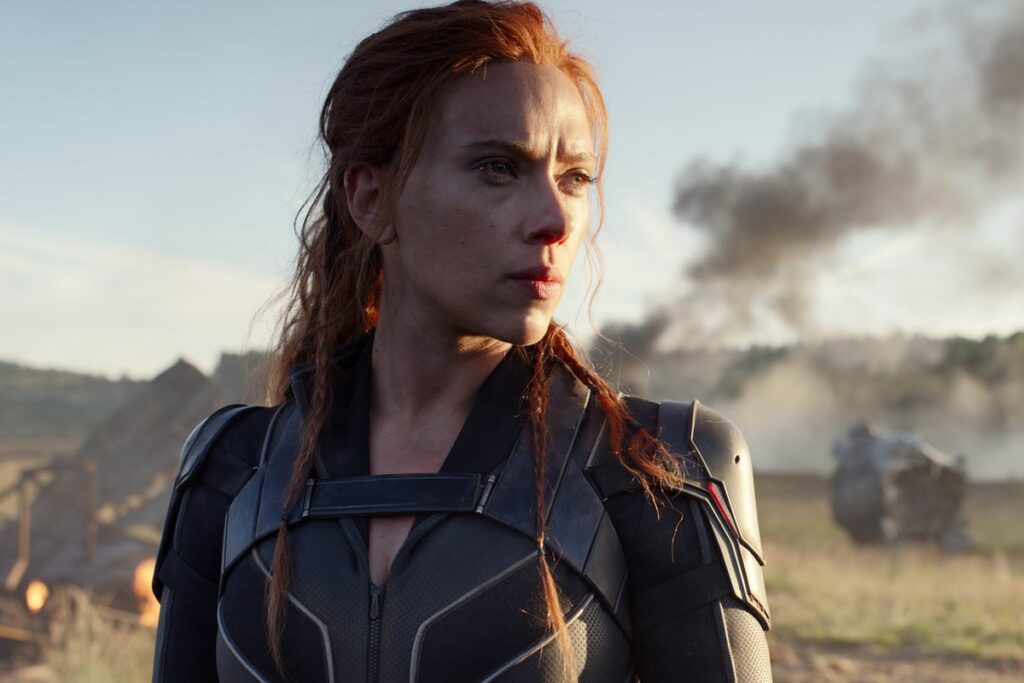
Add a heaping spoonful of daddy issues from Howard Stark and Thanos to lingering guilt for Quicksilver and Wanda Maximoff’s parents (oh, wait, I forgot about The Vision and The Scarlet Witch!), and you get my drift. The reason so many couldn’t turn away from the emotional trainwrecks that comprised television soap operas from the late ‘50s on to their slow fade in the new century was the emotional, sometimes sexual serialization in those programs. I posit this is a major component that makes the MCU so addicting.
It’s also why there’s been so much griping about Phase Four, because the focus has shifted from the players we’ve relied on in deference to these new character and storylines. It has the jarring feeling of a summer hiatus, a lack of resolution. It evokes the terse impatience my grandmother once had when her “stories” were abruptly halted during coverage of the Ronald Reagan assassination attempt. In short, viewers are jonesing for their favorite characters to return and get on with it, and the fact that MCU head Kevin Feige is more focused on laying the groundwork for the Young Avengers is an annoyance.
The big problem is that the MCU is more than a storyline.

In A Galaxy Far, Far Away
The closest partner to the MCU is not Warner Bros.’ DC Expanded Universe, but instead its Disney I.P. stablemate, Lucasfilm. Star Wars is famously regarded as “space opera” for all the same reasons I laid out for the MCU.
The stark difference is that Star Wars is only a part of Lucasfilm. Over the next two years, we’re going to get a lot of that galaxy far, far away, but we’re also getting more Indiana Jones and the Willow series. Not everything is interconnected the way the MCU is. And again, in the DC Expanded Universe, there’s a lot that has nothing to do with the core figures of the Justice League. Matt Reeves’ Batman is a free agent from the Ben Affleck Batman or the now functional Michael Keaton Batman. And Joaquin Phoenix’s Joker is another thing entirely.
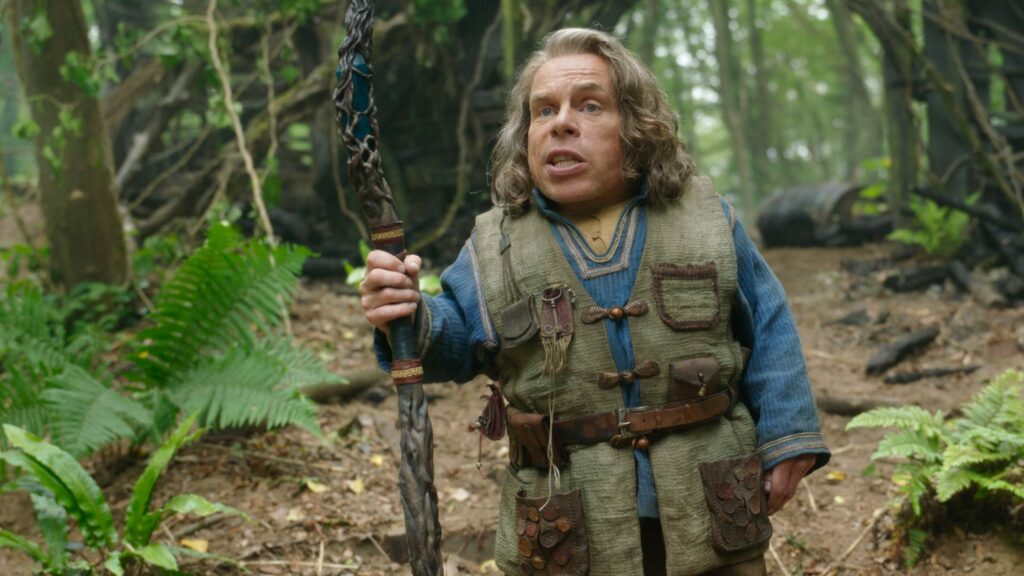
WB/DC has been very loosey-goosey with these continuity threads, and this almost certainly has caused it to underperform regularly against the MCU without that soap opera cartilage running under it. But that reinforces how, when the MCU drifts from its core team structure, people get uptight. With DC, it’s expected.
Maybe in the future, Marvel Studios will be more a movie studio and not a corral for a long-running history of characters. It’s doubtful, though. Disney didn’t buy Marvel to do other things. It bought Marvel to be and do Marvel, and so far, that’s what it’s done. Even the supposed anthology What If? turned into an in-canon backdoor look into the Multiverse. The studio IS the MCU and the MCU the studio, being more an I.P. factory than what we’ve known until now.

Think about this: in 1982, Universal Studios released two films deemed classics. One – E.T. The Extraterrestrial – was hailed immediately. The other – John Carpenter’s The Thing – had to spend years under the weight of being considered a bomb. This was never seen as a “Universal problem,” only that one did well in first-run and the other did not. That’s a freedom that Marvel Studios will never, ever enjoy.
This is the strongest supporting notion that many more Marvel first-string characters will be showing up en masse in the near-future, for while Phase Four hasn’t suffered a lack of hits, the perception that it has can be just as damaging.
And let’s not be so naïve to think that isn’t the prime purpose of every Disney acquisition. Fox, now 20th Century Studios, was bought to grab back The X-Men and by extension Deadpool, but also Predator (which will be revived very soon in the prequel Prey, directed by Dan Trachtenberg (10 Cloverfield Lane)), Alien(s), and who knows, maybe even a recast John McClane/Die Hard. Disney bought Lucasfilm for Star Wars, Indy, and Willow, and likely has no desire to see studio head Kathleen Kennedy stray far from Skywalker Ranch.
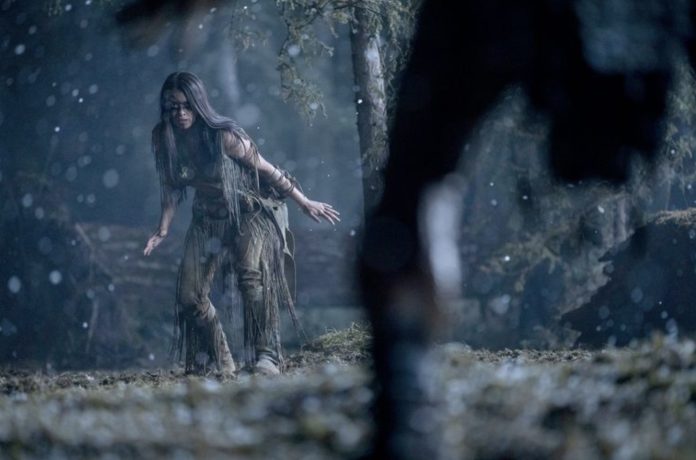
Subsidiaries that exhibit individualist tendencies seem to pay for it dearly. Pixar dared to make three very different films – Soul, Luca, and Turning Red – and thanks in part to COVID-19 restrictions relegated all three to the Disney+ streaming platform. Critics believe that Soul, the most obvious victim of the pandemic, would have been a strong box office contender. Turning Red, on the other hand, was dumped far outside the worst of the virus worries, leaving those same critics puzzled. It had no such impediment and had the goods to bring in strong receipts, but still was made streaming fodder. The truthful autopsy about this summer’s pseudo prequel Lightyear has yet to be written, but it goes down in the books as a legitimate disappointment and gives Disney a harder hand with which to slap Pixar down. You can bet there’s talk of a Toy Story 6 going on to get back into the Mouse’s good graces.
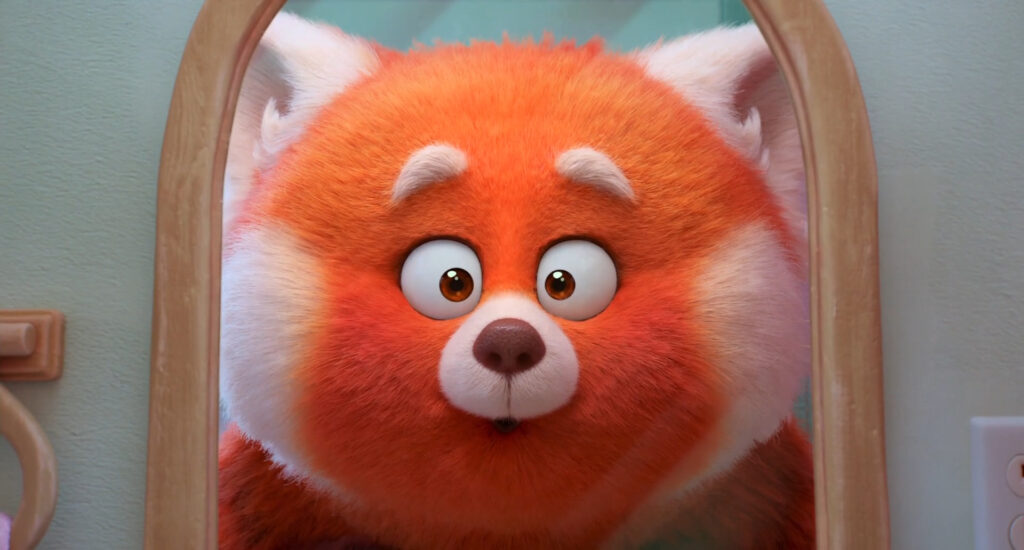
In Conclusion
If you are one of the audience members who felt MCU Phase Four was a bit off, rest assured that it will soon be put back on track with the characters you expect to see, and those soap opera storylines will be addressed. For those who have not been bothered by the present track the series is on, you’re about to move back into a comfort zone you may not have asked for.
The Marvel Cinematic Universe has become too big to fail and Disney will do everything in its power to affirm it’s success, even if that means a drastic realignment. No one is going to escape this big tent. You can count on that.


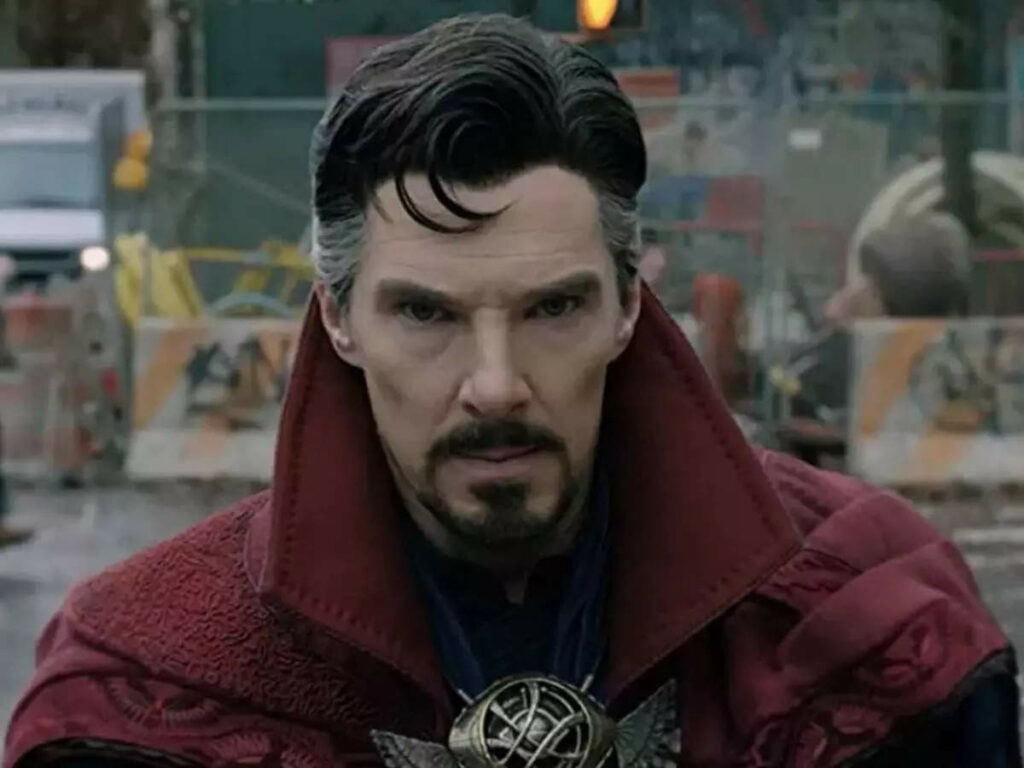



Comments